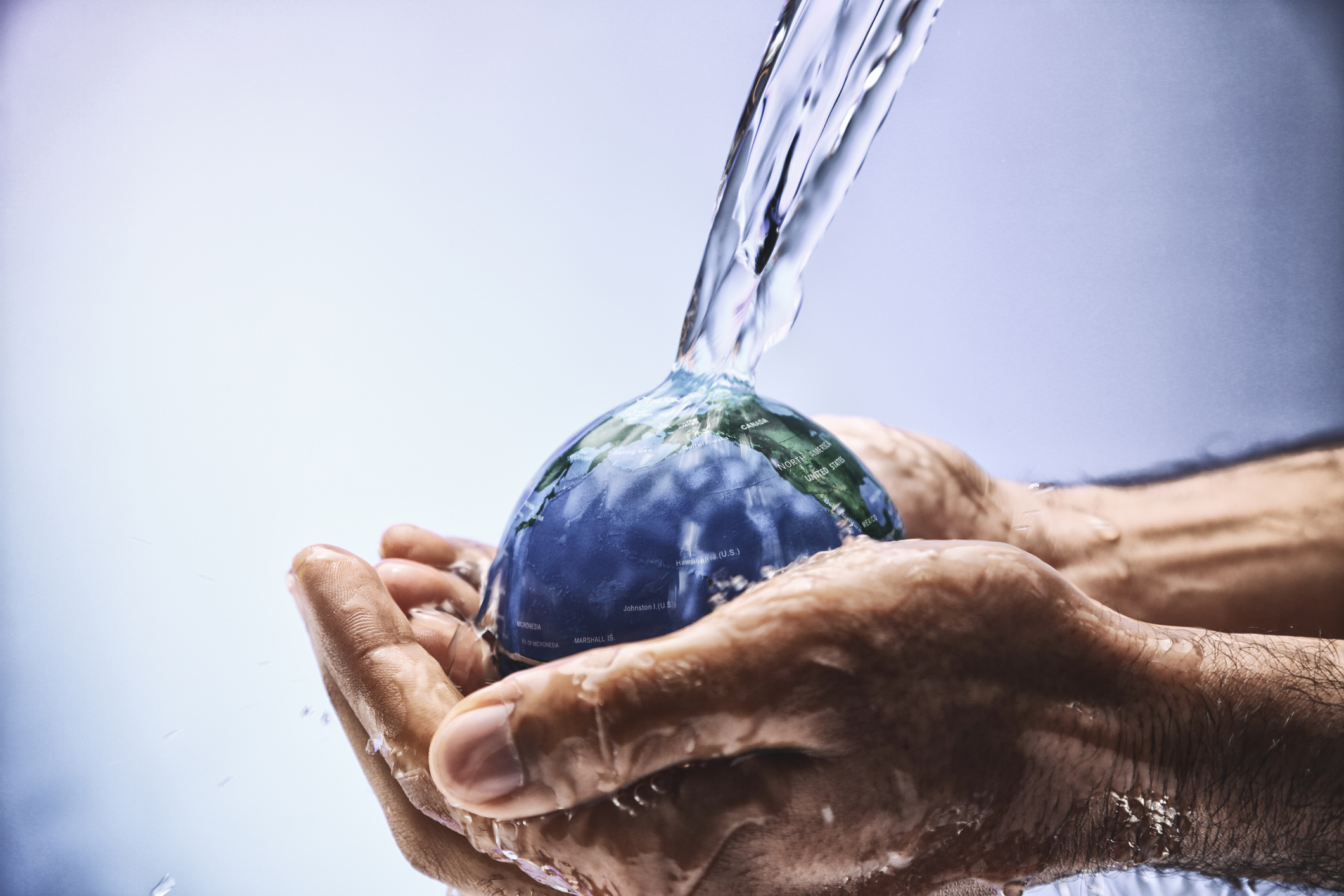March 22 2024
Access to safe, affordable, and clean water is a human right.
The United Nations General Assembly responded by designating March 22, 1993, as the first World Water Day. In 2010, the UN General Assembly adopted a resolution affirming the human right to clean drinking water and sanitation.
Despite that, 2.2 billion people still live without safely managed drinking water — and that includes 115 million people who drink surface water.
From people trapped in war zones, to Indigenous peoples living on reserves to people experiencing homelessness, when people can’t access clean water, their physical and mental health suffer and their dignity is battered.
Canada has an abundance of fresh water but it lacks a coherent plan to tackle this endemic problem. Pollution, poor environmental regulations, unstable infrastructure, inadequate funding, privatization, and cuts to public services undermine our water stewardship. We don’t have to look outside our borders to see the effects of a broken system.
According to the federal government there are 28 long-term drinking water advisories in 26 Indigenous communities. In 2021, in Ontario, the Conservative government issued a 5-year permit that allowed Blue Triton Water, the for-profit company that bought Nestle’s North American bottled water business, to extract billions of litres of our groundwater.
On this World Water Day, NUPGE calls on governments to develop sustainable solutions through investments in infrastructure, capacity building, and collaboration with affected communities to address the historic and root causes that have created these tragedies. We must also tell governments at every level that our water is a finite resource that cannot be sold off to the highest bidder.

